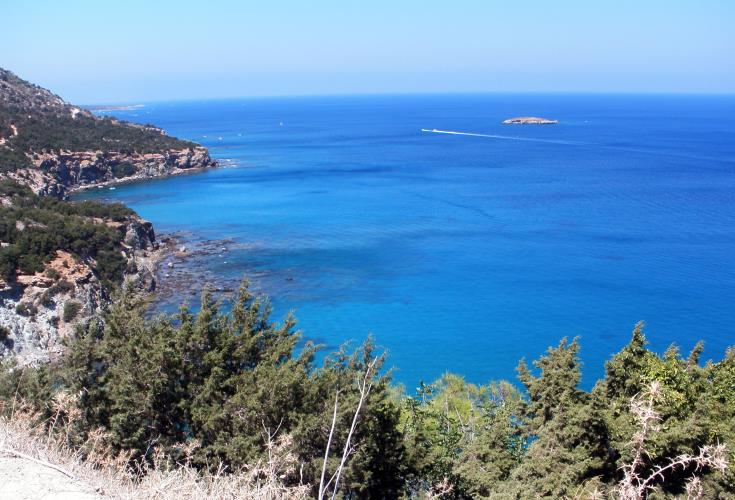The absence of a single national strategy to manage protected coastal zones has been highlighted in a study carried out by the auditor general’s office as part of a coordinated review with six other EU audit institutions to evaluate authorities’ action to protect marine biodiversity.
The European Commission deems that additional Nature 2000 zones are needed in Cyprus so that the network can be complete as regards 65% of the marine species and natural habitats of EU interest. For another 13% the Commission believes that further scientific research is needed to locate sites suitable for inclusion in the network.
Besides the absence of a national strategy, weaknesses in Cyprus’ management of protected coastal zone pinpointed by the study include the drafting of separate individual strategies which may lead to fragmentation of efforts to protect these areas. Moreover, these documents do not have quantitative objectives and deadlines.
Human activity on land and in coastal areas pose a significant risk to protected coastal areas, the report said noting that this does not appear to be evaluated adequately in risk assessments carried out by authorities. The risk of ever increasing coastal tourism on protected areas has also not been assessed, it said.
For the protected coastal zones of Nisia and Moulia, the reports notes that the management plans have not been finalised, while for Cape Greco and Akamas, a decree on the management and protection of nature has still to be issued. As a result, there is no legal basis on which to implement measures to protect the marine environment.
More specifically, for the Akamas peninsula, the involvement of four different agencies and the preparation of five different management schemes of the land and coastal areas on the basis of different laws creates risks of weaknesses in the coordinationι and implementation of these plans and their effectiveness.
The report says that most of the targets for the Akamas plan do not have quantifiable targets, while the measures do not appear to be legally binding with the exception of those already in force prior to the preparation of the plan.
As regards the Cape Greco plan, the report says that the measures are not specific, it is not clear who is responsible for implementing them while the five year time plan has passed without any evaluation been carried out.
The report says that monitoring of protected areas by the Fisheries Department cannot be checked because data on their patrols are not easily available.






